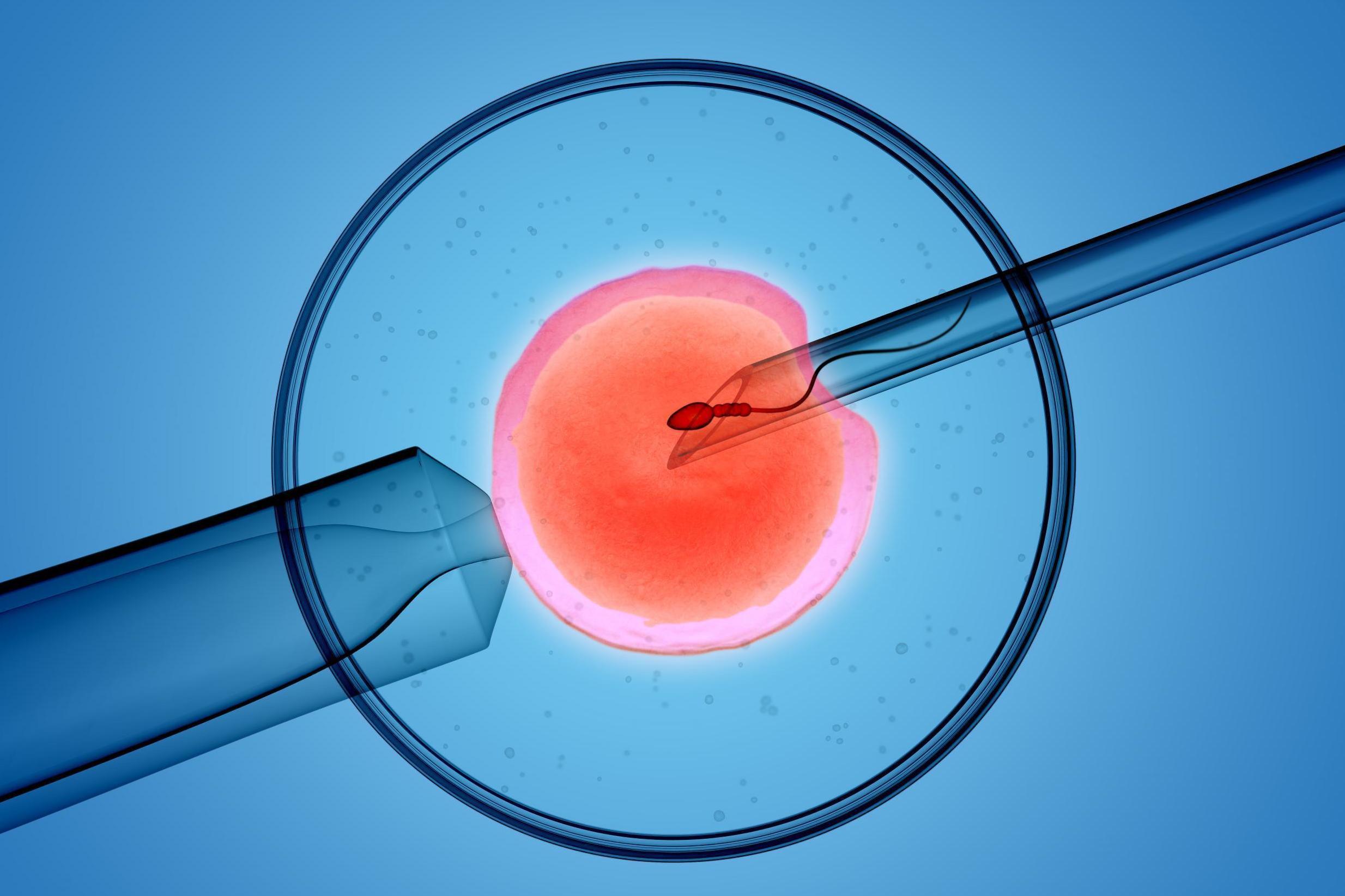
French ethics committee opposes euthanasia, endorses IVF for all women
The report recommends palliative sedation as a legal alternative.
A peak ethics authority in France has recommended that the prohibition on assisted suicide in the country be retained. The National Consultative Ethics Committee (CCNE) released a report on Tuesday addressing a range of contentious bioethical issues currently under review by the government, including access to assisted reproductive services, egg freezing, gene sequencing, and end-of-life law.
The committee’s report, which comes in the wake of an extensive period of public consultation, states that “no societal consensus” on euthanasia has been reached. It instead recommends that clinicians and the public be educated on extant legislation surrounding palliative sedation, which would ensure a “serene and peaceful” end to life for terminally ill patients with unbearable pain. The report also recommends the provision of palliative care to patients as soon as they are diagnosed with an incurable illness.
The report addresses the question of the provision of assisted reproductive services for single women and women in same sex relationships. It states that all women should have access to donor sperm should they wish to conceive a child. The “suffering” of infertility, even where this is not the result of a biological impediment, “must be taken into account”, the committee said.
The French government stated last year that it intended to change the law to allow all women to conceive via IVF.
French ethics committee opposes euthanasia, endorses IVF for all women
Xavier Symons
Creative commons
https://www.bioedge.org/images/2008images/ivf23.jpg
assisted reproduction
euthanasia
france
law
same-sex parenting
